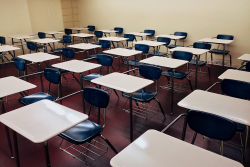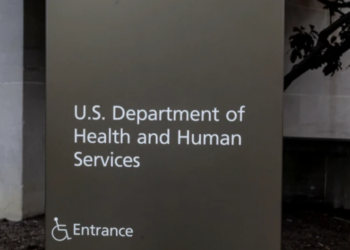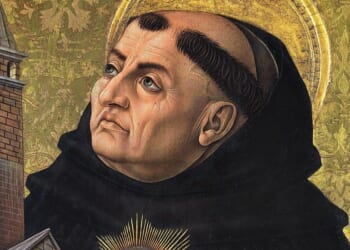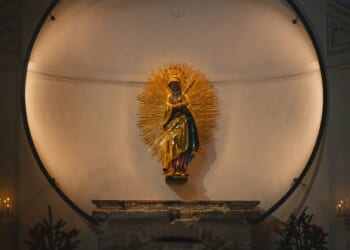One reason: such a ceasefire would allow the Kremlin to hold its annual World War II victory parade without fear from Ukrainian missile or drone attacks.
Russian President Vladimir Putin has called for a three-day ceasefire in the second week of May. The unilateral announcement for a pause in the fighting comes at a point in time when negotiations between Ukraine and Russia, with the mediation of the United States, are heating up.
However, it is doubtful that Putin’s initiative will lead to an immediate and permanent cessation of the hostilities, as Russia maintains maximalist goals toward Ukraine.
Putin’s Proposed Ceasefire Commemorates V-E Day
This week, the Kremlin announced that Putin has proposed a unilateral, three-day full ceasefire in the fighting—spanning from May 8 to May 10. The ceasefire would presumably commemorate the 80th anniversary of the Allied Powers’ victory against Nazi Germany in World War II.
“As with Putin’s unilateral 30-hour Easter ceasefire, this announcement is almost certainly intended to demonstrate a constructive approach in ongoing talks, without incurring significant costs to Russia’s battlefield position,” the British Ministry of Defence assessed in its most recent intelligence estimate of the conflict.
Every year, Russia holds grand festivities to celebrate the Soviet Union’s victory in the “Great Patriotic War,” Moscow’s name for the Second World War. The central feature of the Kremlin’s celebrations is a victory parade featuring many units from the Russian Army—giving it a venue to show off the latest in Russian military equipment.
However, this is the first time in the three-year conflict that Moscow has offered a full ceasefire on the anniversary.
Ukrainian President Volodymyr Zelensky called for a full, 30-day ceasefire instead. The U.S. reiterated this position as well.
“A three-day ceasefire is absurd. What the president wants is a permanent, comprehensive ceasefire—sea, air, land, infrastructure—for a minimum of 30 days, and then we can extend that,” retired Army Lt. Gen. Keith Kellogg, U.S. special envoy to Ukraine, said on Tuesday.
The two sides agreed on a tentative and short ceasefire over Easter in April. However, Ukraine condemned Russia for repeatedly violating the agreement at the local level within the 24-hour window.
A second reason for Russia to support the ceasefire is that it would allow the Kremlin to hold its annual military parade without fear from Ukrainian missile or drone attacks.
“Putin also likely seeks to reduce the potential for Ukrainian strikes to affect Victory Day commemorations,” the British Ministry of Defence concluded. “Since Russia’s full-scale invasion of Ukraine in 2022, Victory Day parades have been cancelled in multiple Russian cities, primarily those cities in regions that border Ukraine.”
Ceasefire or No Ceasefire, Russia Still Wants Ukraine
Despite Putin’s offer for a ceasefire, Russian officials overall press on with maximalist demands for the war to end.
“Russian officials continue to set conditions to manipulate any future ceasefires and renege on any future Russian-Ukrainian agreements at a time of Russia’s choosing,” the Washington-based Institute for the Study of War estimated in a recent intelligence update on the war.
Even though three years of fighting have passed, and the Russian forces have taken nearly one million casualties, Kremlin officials continue to demand that Ukraine meet their original war objectives: namely the replacement of its government, officially ceding sovereignty over the Crimean Peninsula and the Donetsk, Luhansk, Zaporizhzhia, and Kherson Oblasts, and the demilitarization of the Ukrainian armed forces. Ukraine is unlikely to accede to any of these demands.
Moreover, Kremlin circles have taken a firm stance against an independent Ukrainian culture and history. Indeed, during the months before the invasion, Putin published a long essay arguing against an independent Ukraine and in favor of a unified Russian culture.
About the Author: Stavros Atlamazoglou
Stavros Atlamazoglou is a seasoned defense journalist specializing in special operations and a Hellenic Army veteran (national service with the 575th Marine Battalion and Army HQ). He holds a BA from the Johns Hopkins University and an MA from the Johns Hopkins’ School of Advanced International Studies (SAIS). His work has been featured in Business Insider, Sandboxx, and SOFREP.
Image: Shutterstock / yuliasis.


















